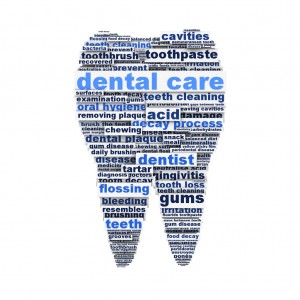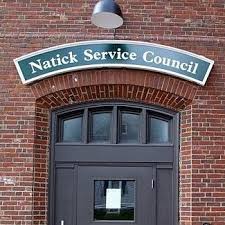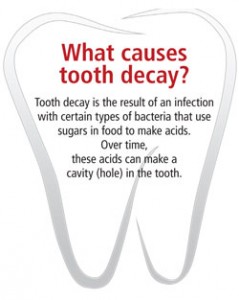How Your Diet Can Improve Your Oral Health
Improving your diet may prevent two of the most common diseases of modern civilization, tooth decay and periodontal disease. Decay is caused when teeth and other hard tissues of the mouth are destroyed by acid from oral bacteria. Certain foods and food combinations are linked to higher levels of cavity-causing bacteria. Many researchers believe that periodontal disease progresses faster and is more severe in patients whose diets do not supply necessary nutrients.
believe that periodontal disease progresses faster and is more severe in patients whose diets do not supply necessary nutrients.
Poor nutrition affects the entire immune system and increases the susceptibility of many disorders. People with lowered immune systems have been shown to be at higher risk for periodontal disease. Research also shows a link between oral health and systemic conditions like diabetes and cardiovascular disease. Eating a well-balanced diet, and therefore increasing fiber and vitamin intake, may not only improve your dental health but may also reduce the risk of other diseases.
Planning Meals and Snacks to Promote Better Oral Health
Choose foods from the five major food groups: fruits, vegetables, grains, dairy and protein. Avoid fad diets that eliminate entire food groups as these often result in vitamin and mineral deficiencies.
Always keep your mouth moist by drinking lots of water. Saliva protects both hard and soft oral tissues. If you have a dry mouth, supplement your diet with sugarless gum or candy to stimulate saliva.
Foods that cling to your teeth promote tooth decay. When you snack, avoid soft, sweet, sticky foods such as cakes, candy and dried fruit. Choose dentally healthy foods instead, like nuts raw vegetables, plain yogurt and cheese. (If you have braces skip the nuts and make sure to cut your vegetables in thin slices)
When eating fermentable carbohydrates, like crackers, cookies and chips eat them as part of a meal, instead of by themselves. Combinations of foods neutralize acids in the mouth and inhibit tooth decay. For example, enjoy cheese with your crackers.
Do not over-snack. Each time you eat, you create an environment for oral bacteria to develop. Studies show that dental disease is just as related to overeating as heart disease, obesity, diabetes and hypertension.








